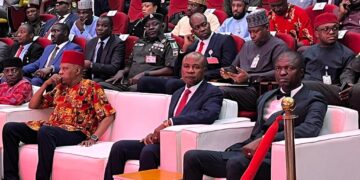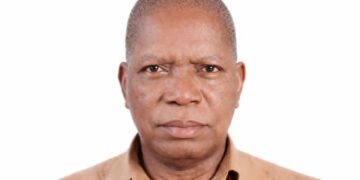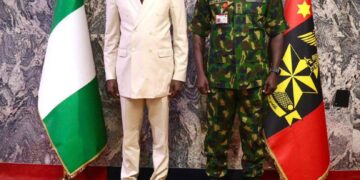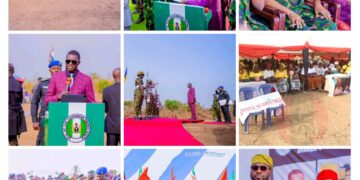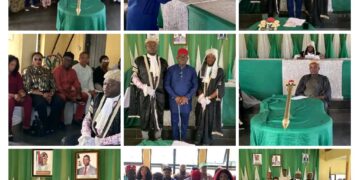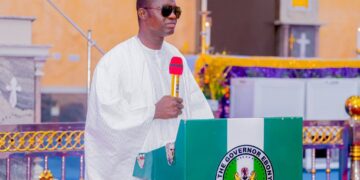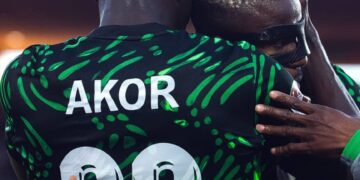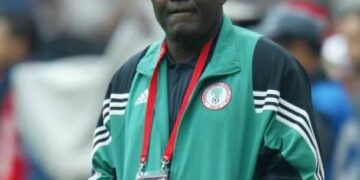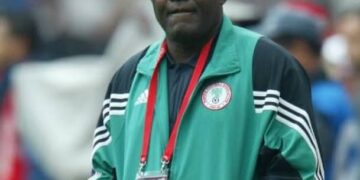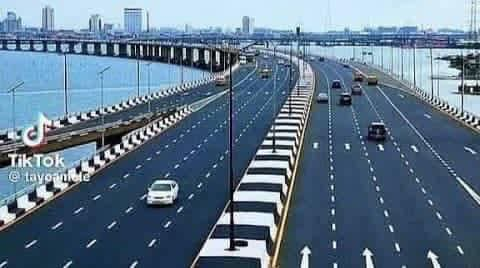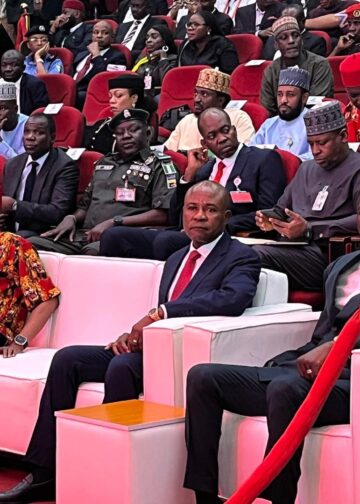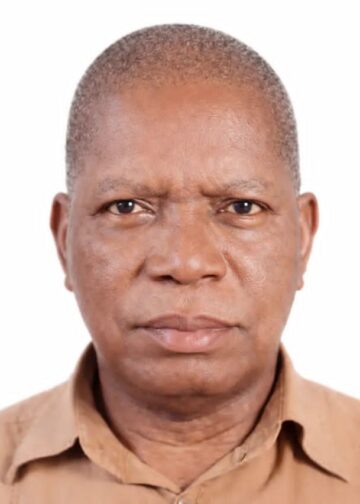By Ebi Ajali Ebi
When Nigeria began the construction of the Third Mainland Bridge under President Shehu Shagari in the 1980s, the loudest reaction from many citizens was skepticism. The famous question was: “Na bridge we go chop?”
At that time, people could not see beyond immediate needs. They measured development only by what they could eat or spend today. Yet, decades later, Lagos without the Third Mainland Bridge is unimaginable. That single project did not just ease traffic congestion; it opened up new economic corridors, connected communities, boosted commerce, and redefined Lagos as a modern mega city. What once seemed unnecessary has become indispensable.
The same scenario played out in Ebonyi State under Governor David Nweze Umahi. When he embarked on massive road construction, flyovers, and modern infrastructure, many, especially from the opposition, derided him. They called it a waste, they mocked, they resisted. But today, every Ebonyian, home and abroad, proudly shares pictures of Abakaliki, the once-forgotten city now transformed into a capital of beauty, order, and modernity. What was once condemned has become a source of pride and identity. Ebonyians now say without shame: “Yes, I am from Ebonyi State.”
Now, history is repeating itself with the Lagos–Calabar Coastal Highway. Once again, opposition voices rise with condemnation. They claim the project is unnecessary, that it is too ambitious, that other needs should come first. But this consumption-first mentality is exactly why Nigeria has lagged behind.
No nation develops by focusing only on what will be eaten today. Roads, bridges, and railways may not be food, but they are the arteries that carry food, goods, services, and opportunities to millions tomorrow. The comfort you enjoy today was built yesterday, and the discomfort you suffer today is because someone yesterday refused to build. Development is not accidental, it is intentional investment in infrastructure.
President Asiwaju Bola Ahmed Tinubu and Senator Engineer David Nweze Umahi, CON understand this. History has already shown them as men of legacy. President Tinubu is a leader who laid the foundation for Lagos’s transformation into a global city. Senator Umahi, as Governor of Ebonyi, proved that bold infrastructure is the fastest path to modernization and pride. Together, they are championing the Coastal Road not just as a highway, but as a statement of vision, linking states, connecting markets, opening up tourism, and unlocking the economy of Nigeria’s entire coastal region.
The truth is this: opposition to bold projects will always exist. Short-term thinkers will always resist long-term vision. But leadership is about foresight, not applause. Leaders who care about history do not yield to the noise of the moment. They build for generations yet unborn.
Nigeria must, therefore, reject the culture of instant gratification and embrace the discipline of building for tomorrow. The Coastal Road may not fill plates today, but it will fill lives with opportunities tomorrow.
And when that tomorrow comes, as it surely will, every Nigerian will look back with gratitude at the foresight of leaders who dared to build when others only complained.

